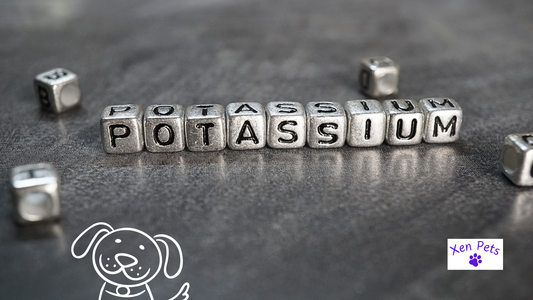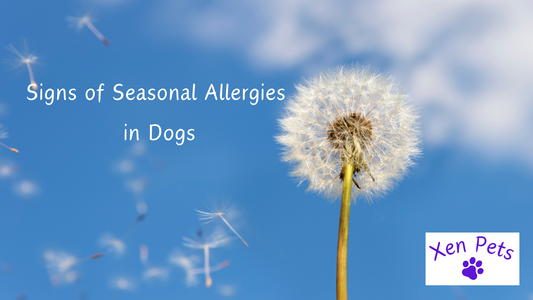What Does It Mean When Your Dog Yawns?
Tory JohnsonShare
Have you ever witnessed your dog yawning constantly? It's an interesting sight to see! But what does it mean when your dog yawns?
Generally, dogs yawn because they are stressed or anxious. Let's take a closer look.
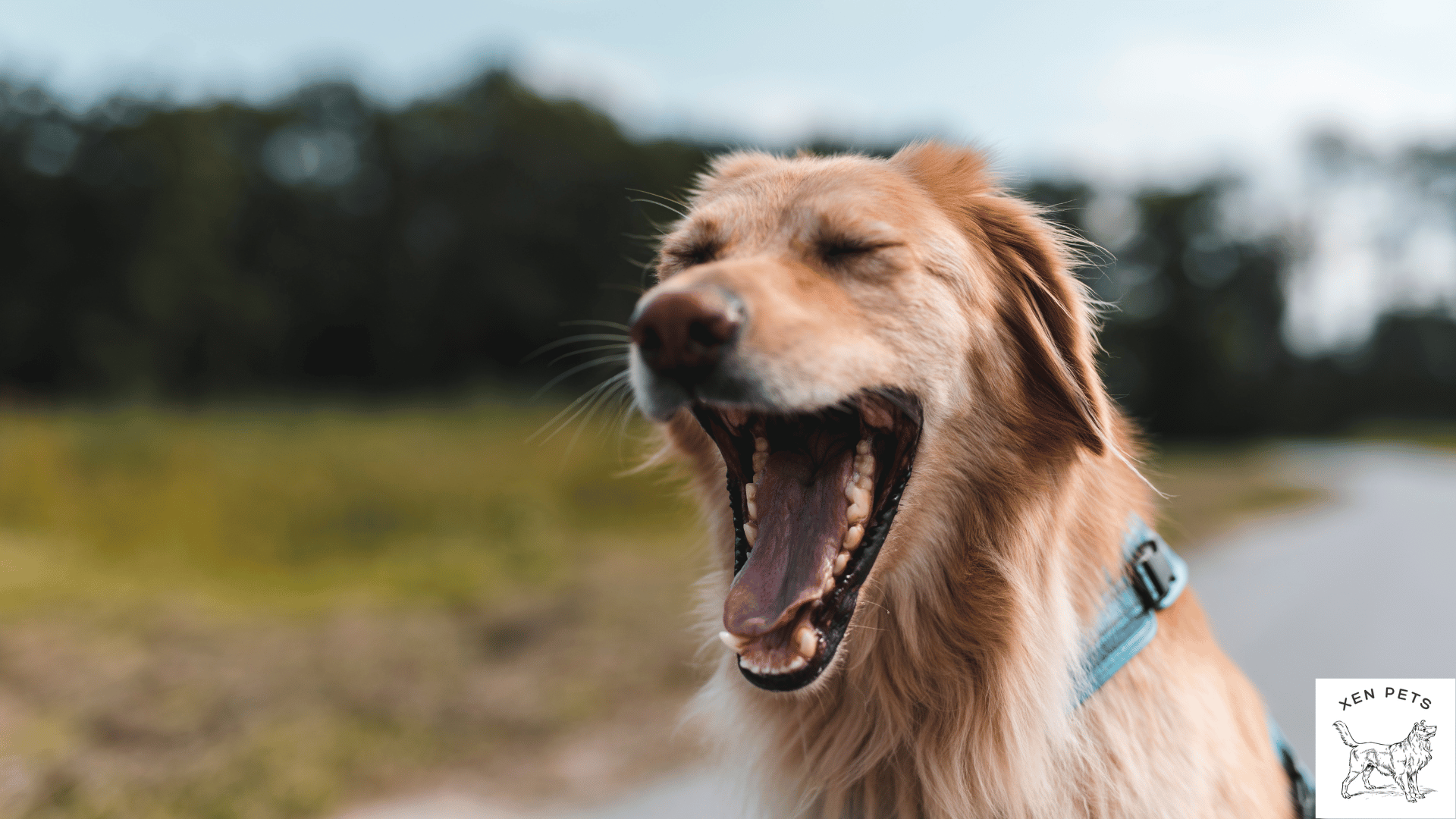
Why does my dog yawn?
Your dog could be yawning for a number of different reasons. In this article, we'll take a look at the different reasons and what they mean.
Your dog is yawning due to stress and anxiety
If your dog is constantly yawning, it's likely due to stress or anxiety.
Yawning is a stress response common in both humans and dogs.
Your dog will yawn to calm themselves during stressful situations. Many dogs feel stressed or anxious in certain situations.
Stressful situations can include:
- Moving into a new home
- Being restrained
- Meeting new dogs or people
- Loud noises such as fireworks or a fight
Your dog yawns because they are frustrated
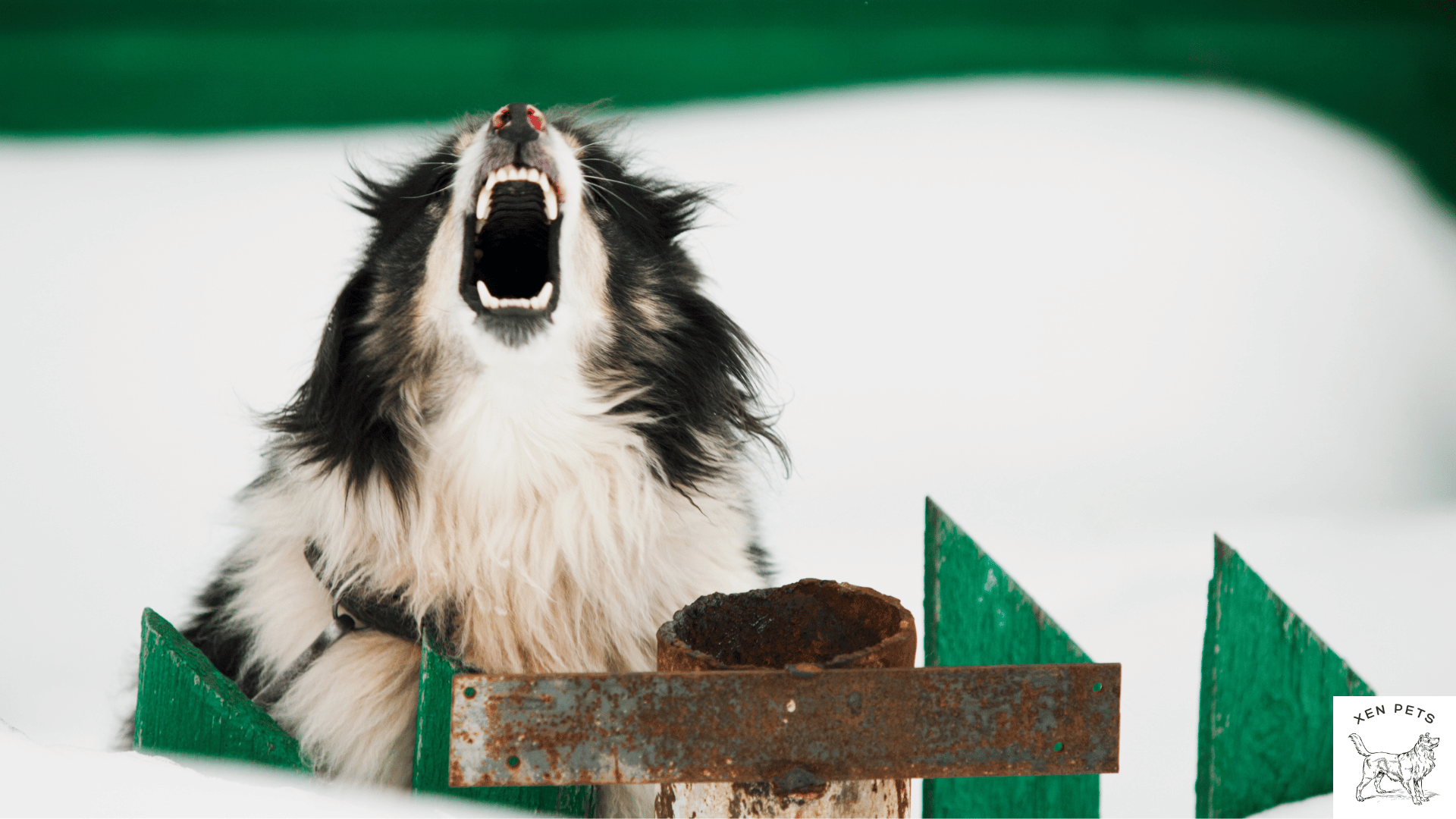
During frustrating training sessions your dog may yawn to calm themselves down.
Yawning can be a calming signal dogs use to both soothe themselves, and let you know they're tired of the activity.
If you notice your dog yawning during an intense training session, go ahead and give them a break.
Recognizing this type of yawn builds trust, and lets your dog know you care about their mental state.
Your dog is yawning to stimulate their nervous system

Yawning can play a role in stimulating the nervous system.
When your dog changes their behavioral state, they will yawn to kickstart their nervous system.
For example, you may notice your dog yawning when they wake up, go to sleep, or transition to an alert state of mind.
There is no reason for the yawn!
Lastly, there may be no reason for your dog's yawn. Sometimes they'll just yawn to yawn. If your dog yawns only once, there's a good chance there isn't any reasoning.
As with humans yawning, dogs can simply get "contagious yawning." We've all been there before. A friend or family member will yawn, and then we yawn right back!
The same can be happening to your yawning dog! They can catch contagious yawning from other dogs.
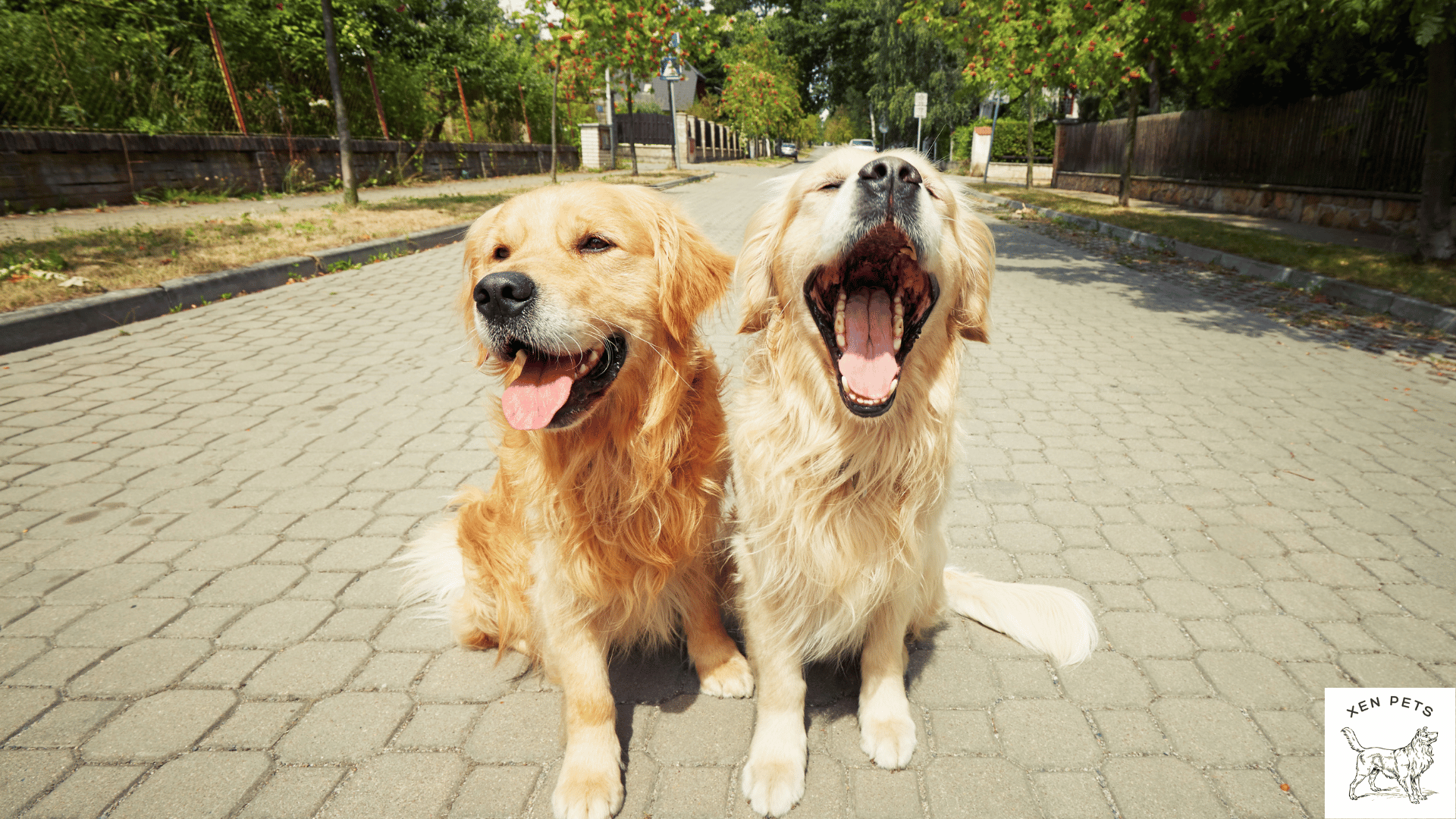
In other situations, frequent yawning is usually attributed to the above factors like stress, anxiety, or behavioral changes.
How you can help
In order to help your dog you'll need to understand why they're yawning.
For example, if you notice your dog's yawning during a training exercise or intense workout, let them have a break. They'll thank you for it!
A stress or anxiety induced yawn will need more attention. These yawns are very consistent and constant.
Your dog will likely hide in a corner or under a bed while yawning. It's important to understand what's causing their stress and anxiety.

It's most likely attributed to a new environment or a new companion, whether that be a human or dog.
Help your dog by making them as comfortable as possible. Give them a favorite toy or treat. Provide them a comfortable dog bed that can reduce their anxiety.
By understanding your dog's behavior, you'll be better equipped to deal with their behavioral problems.
Wrap Up: Why is my dog yawning so much?

Like most behavioral changes with dogs, they can be difficult to identify at first. As you grow with your dog and increase your bond, you'll be better equipped to deal with their behavior.
Dogs yawn for so many reasons. Some are worth keeping an eye on, and other yawns are nothing to worry about.
If you notice excessive yawning, we hope this article is able to give you additional behavioral training knowledge to deal with the situation.
If you believe there are critical underlying behavioral issues, please see a vet or behavioral specialist.
Are you in tune with your dog's body language? Let us know in the comments below!









